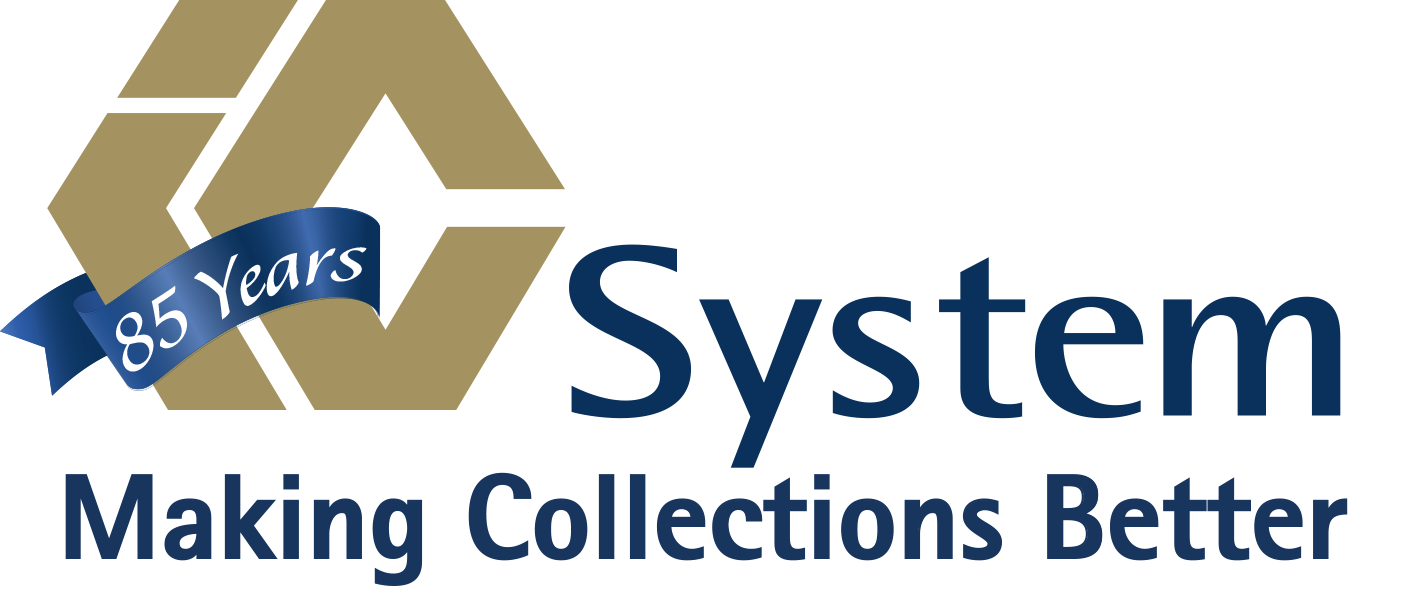Healthcare Collections Still Possible Under New Regulations

New regulations and restrictions concerning credit reporting and the placement of healthcare debt with collection agencies have prompted some providers to stop placing debt with their agencies, especially accounts under $500. The response has led to a decrease in the revenue providers would usually receive from unresolved bad debt sent to their collection partners.
Not using a collection agency could amount to a dramatic loss of revenue for many healthcare organizations. So how should medical businesses respond to these new rules? And what steps can they take to make the most out of their bad debt inventory?
This article offers a few important takeaways from the new regulations, along with tips that will help your healthcare office recover the most revenue from your debt inventory.
The Changes to Credit Reporting
Equifax, Experian, and TransUnion recently announced changes to how medical debts will be credit reported. The announcement from the national credit reporting agencies (NCRAs) is a response to a recent report from The Consumer Financial Protection Bureau (CFPB) about medical debt in the United States.
For instance, the NCRAs have made one change that no longer displays paid medical debt collection accounts on consumer credit reports. If an account is sent to collections, credit reported, and then paid, the NCRAs will automatically remove it upon payment.
Other changes include a new balance minimum and timeframe for credit reporting.
For more information, IC System has covered the topics in our podcast on credit report changes and our webinar about collecting healthcare debt safely in 2023.
Debts Under $500
One of the NCRAs’ new rules requires a medical collection account to meet a $500 minimum before it can be credit reported.
For many healthcare organizations, credit reporting is an essential tool to convince patients to resolve their past-due accounts, especially for accounts with a balance of under $500 that patients may deem of lower priority. Typically, a negative mark on a patient’s credit report would convince them to resolve the matter.
Many providers have responded to this new rule by no longer sending accounts under $500 to their collection partner, believing that without credit reporting, patients will be less likely to pay.
However, collection agencies can use their negotiation skills, using win-win talk-offs to create payment plans and bring resolution to past-due accounts under $500. No one wants to be in collections, and a simple call, text, letter, or email from a collection agency is often enough to prompt the resolution of bad debt.
Credit Reporting
Another of the NCRAs’ rules states that medical debt collection accounts will not be reported until at least 365 days past the original creditor’s date of first delinquency. This change increases the reporting wait period from at least 180 days to 365 days.
While this rule may seem to delay the collection process, credit reporting has always been a long game. After all, patients don’t want to have past-due accounts. Oftentimes, credit reporting works because patients become aware of the debt while trying to acquire a new line of credit.
However, a collection agency can communicate with the patient long before credit reporting occurs, and talking to a patient about their past-due account early makes all the difference.
Placing a debt with IC System within the first six months of delinquency often results in the best financial outcomes. Alternatively, our analyses of debt inventories show that the chances of collecting an account decreases by 50% if the debt is placed with a collection agency after a year.
The Bottom Line
Regardless of the credit reporting changes and new regulations, IC System encourages healthcare organizations to send debts under $500 to collections, preferably within the first six months of delinquency. IC System employs data scientists and strategists who have developed programs to make collecting on smaller healthcare debts possible and revenue-generating for our thousands of healthcare clients.
Plus, our highly-trained Patient Financial Representatives work to provide a positive experience to help patients with any questions they may have about resolving their healthcare debt and getting the information they need. This helps avoid any conflict and maintains those valuable patient-provider relationships. As a result of our approach to patient advocacy, IC System communications have resulted in just one CFPB complaint per 93,345 healthcare contacts, with a complaint rate of 0.00107%.
Our knowledgeable staff continues to work with patients to improve their financial outcomes. We also maneuver the changing healthcare debt recovery landscape by keeping current with the latest regulatory changes. As a trusted healthcare debt collection agency, you can trust that, despite the new regulations, IC System will continue to recover more revenue for your healthcare organization to improve your bottom line.
Get in touch to learn more about IC System’s healthcare debt recovery solutions.
About the Author: Brian Eggert
Brian Eggert is a business development specialist and writer for IC System, one of the largest receivables management companies in the United States. With 18 years in the collection industry, Brian's experience includes operations, client service, proposal writing, blogging, content creation, and web development.










